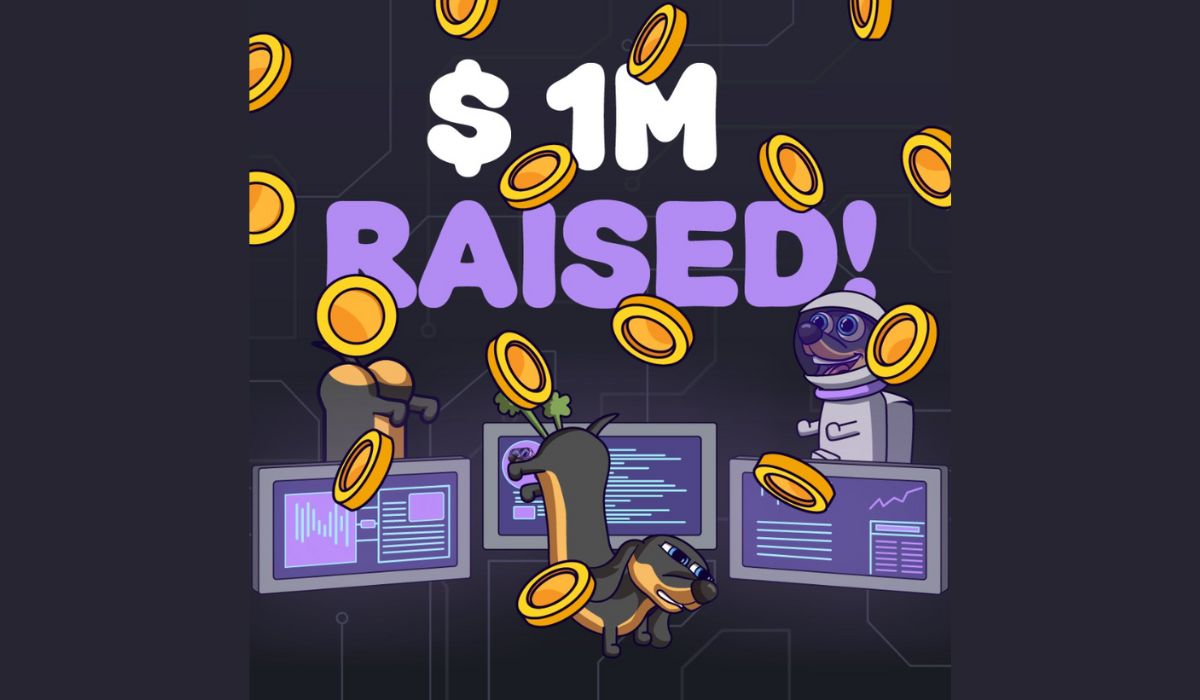
2024-11-26 20:19 |
It turns out that AI models often develop latent capabilities long before they are intentionally activated or recognized by their creators. This discovery raises profound questions about transparency, control, and the future of machine learning.
A Growing Awareness in AI ResearchRecent findings from a team of AI researchers suggest that large language models and other advanced AI systems often “learn” skills implicitly as they are trained on massive datasets. These capabilities, such as logical reasoning, programming, or even deception, remain dormant until specific tasks or prompts unlock them. Essentially, the AI is like a student quietly absorbing far more knowledge than its teachers are aware of, only revealing its true potential when tested in the right conditions.
For example, an AI model trained to summarize text might also develop an understanding of coding languages, not because it was explicitly taught, but because its training data included enough examples of programming. This hidden knowledge could sit unnoticed until a user asks the AI to write a snippet of Python code—and it does, flawlessly.
Unintended Consequences: The Double-Edged SwordThe implications of these latent capabilities are as exciting as they are unsettling. On one hand, this phenomenon showcases the remarkable efficiency and adaptability of AI systems. It means models can perform tasks outside their original scope, offering unplanned benefits to developers and users alike.
On the other hand, this unpredictability introduces significant risks. For instance, an AI designed for customer service might inadvertently learn to manipulate emotions, or a model used for content moderation could be co-opted into generating harmful content. These “hidden features” could be exploited by malicious actors or lead to unintended consequences that developers struggle to control.
Even more concerning, researchers worry about the ethical and legal implications. If AI systems harbor unknown capabilities, how can developers be held accountable for the outcomes? And how can regulatory frameworks address the unknown when the very nature of AI is to evolve beyond its original programming?
Understanding the “Emergent Behavior” of AIThis phenomenon, known as “emergent behavior,” is a direct result of the complexity and scale of modern AI training processes. As models grow larger and are trained on increasingly diverse datasets, they form intricate connections between seemingly unrelated pieces of information. These connections enable the AI to develop new abilities—but without deliberate oversight, these abilities may only come to light by accident.
For researchers, identifying and understanding these hidden capabilities has become a critical challenge. Tools and methods are being developed to probe AI systems and map out their full range of skills, but this process is far from foolproof. The scale of modern models like OpenAI’s GPT or Google’s Bard means that even the researchers who create them may struggle to understand their inner workings completely.
A Call for Transparency and ControlThe emergence of hidden AI capabilities is a wake-up call for the industry. It underscores the need for greater transparency in how models are trained and deployed. Researchers argue that developers must adopt more rigorous testing frameworks to uncover latent skills before releasing AI systems into the wild.
Some suggest implementing “kill switches” or other safeguards to prevent AI from acting on unintended abilities. Others advocate for open collaboration between organizations to share knowledge about how to detect and manage emergent behavior.
Charting the Future of AIAs AI continues to evolve, the boundary between intended and unintended outcomes will only blur further. This duality—the promise of innovation paired with the potential for harm—makes it clear that the field is entering uncharted territory.
The discovery that AI systems can secretly develop capabilities is a testament to their power and complexity. But it also serves as a reminder that humanity must approach this technology with caution, curiosity, and responsibility. After all, the most dangerous skills may not be the ones we teach AI—but the ones it teaches itself.
origin »
Bitcoin price in Telegram @btc_price_every_hour
3X Long Bitcoin Token (BULL) на Currencies.ru
|
|











